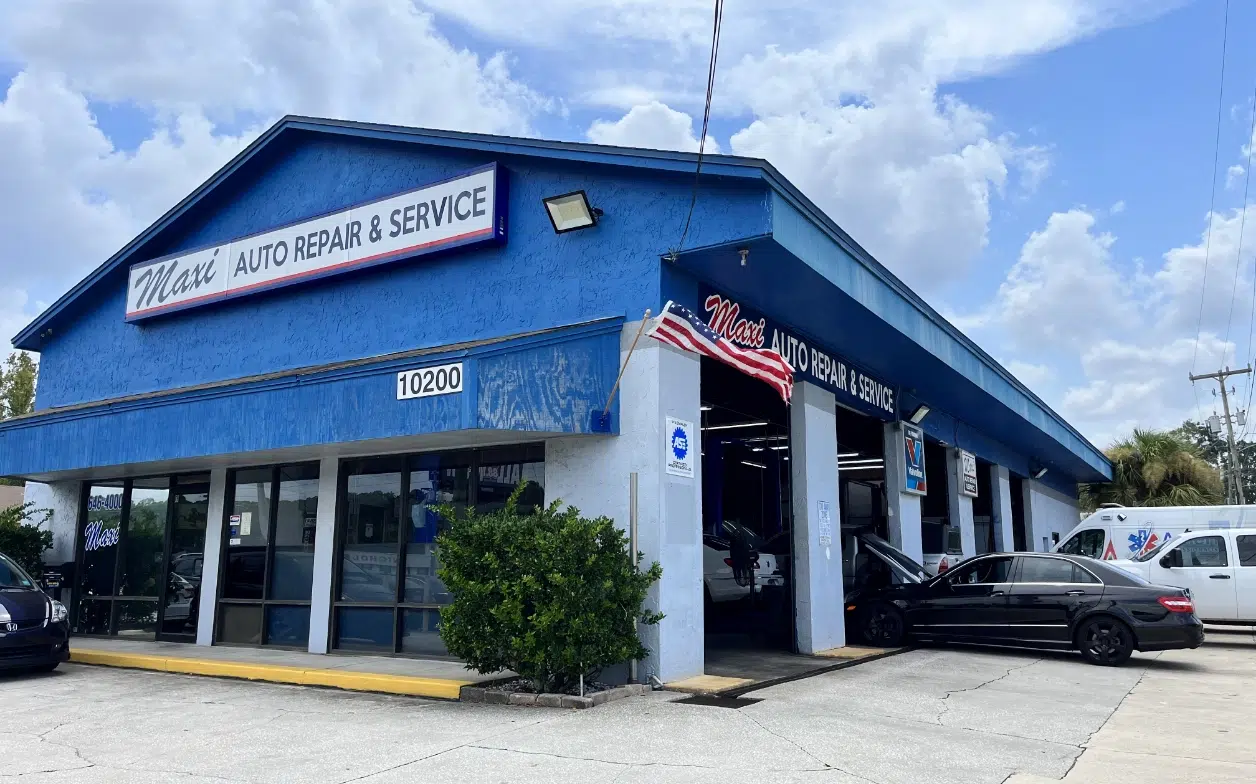All Categories
Featured

[/image]
Routine engine tune-ups are vital for keeping your vehicle's performance, boosting gas efficiency, and prolonging its life-span. Whether you're a seasoned auto proprietor or a novice, understanding the vital elements of an engine tune-up can assist you maintain your car running efficiently for years. Below are some crucial suggestions to guide you through the process.
- Change the Flicker Plugs. Ignition system are tiny but mighty parts that play an essential role in stiring up the fuel-air combination in your engine. With time, they can put on out or become fouled, leading to poor engine performance, reduced gas efficiency, and difficult begins.
Throughout a tune-up, inspect your spark plugs for wear and replace them as needed. For most lorries, trigger plugs ought to be changed every 30,000 to 100,000 miles, depending on the kind and material. Fresh ignition system make sure effective combustion and smoother engine operation.
- Inspect and Replace the Air Filter. The air filter is your engine's very first line of defense versus dust, debris, and other impurities. A stopped up or unclean air filter can restrict air flow, creating your engine to work more difficult and consume more gas.
Examine your air filter throughout a tune-up and change it if it's unclean or past its preferred service interval. A tidy air filter boosts engine effectiveness and enhances fuel economic climate.
- Check the Gas System. Gradually, your fuel system can collect dust and carbon down payments, decreasing engine efficiency and gas efficiency. Cleaning up the fuel injectors and gas lines during a tune-up assists keep correct fuel distribution and combustion.
You can use a gas system cleaner or have a specialist mechanic carry out a much more comprehensive cleaning. This step is especially beneficial for older automobiles or automobiles regularly driven in stop-and-go traffic.
- Inspect the Belts and Tubes. Belts and hoses are vital for different engine features, such as running the alternator, water pump, and cooling. During a tune-up, check for splits, fraying, or signs of endure these parts.
Change any kind of worn-out belts and tubes to avoid potential malfunctions. A busted belt or leaking hose pipe can bring about engine getting too hot or loss of power, so dealing with these concerns immediately is vital.
- Change the Engine Oil and Oil Filter. Engine oil is important for lubricating moving components, lowering rubbing, and managing engine temperature level. With time, oil ends up being polluted and sheds its performance.
As component of a tune-up, replace the engine oil and oil filter. Make use of the kind of oil suggested by your car's manufacturer and adhere to the suggested change periods. Tidy oil maintains your engine running efficiently and prevents premature wear.
- Check the Battery and Charging System. A healthy and balanced battery is vital for starting your cars and truck and powering its electric systems. Throughout a tune-up, examine the battery's voltage and examine the terminals for deterioration. Clean the terminals if needed and make certain a protected link.
Furthermore, examination the alternator and charging system to ensure your battery remains billed during procedure. If your battery is weak or old, consider changing it to stay clear of unanticipated breakdowns.
- Flush and Fill Up the Coolant. The air conditioning system manages your engine's temperature level, preventing it from overheating. Old or contaminated coolant can lose its performance, resulting in possible engine damage.
During a tune-up, flush the old coolant and change it with a fresh blend. Inspect the radiator, thermostat, and hoses for leakages or damages. Keeping the cooling system in great condition ensures your engine operates at the ideal temperature level.

- Address Warning Lights and Uncommon Symptoms. Modern lorries are equipped with diagnostic systems that alert you to possible issues through dashboard caution lights. If your check engine light or any kind of various other warning indicators get on, address them during your tune-up.
Additionally, take notice of unusual symptoms such as strange noises, harsh idling, or lowered gas performance. A specialist mechanic can detect and solve these problems during the tune-up process.
- Do Not Neglect the Exhaust System. Your automobile's exhaust system removes damaging gases from the engine and guarantees appropriate discharges. Check the exhaust system for leakages, rust, or damage during a tune-up. A defective exhaust system can impact engine performance and bring about ecological and safety concerns.
- Usage High-Quality Parts and Fluids. When replacing components or complementing liquids during a tune-up, always go with premium items that satisfy your automobile's specifications. Using subpar parts or wrong fluids can adversely impact your engine's performance and longevity.
Verdict: Normal Tune-Ups Are Key to Engine Health. Making the effort to tune up your engine guarantees it runs efficiently, saves gas, and reduces the threat of break downs. Whether you carry out these jobs on your own or rely on a relied on technician, routine tune-ups are an investment in your car's dependability and durability. Comply with these pointers, and you'll delight in a smoother, more dependable ride for several years to find.
Latest Posts
Explore Limited-Time Auto Repair Specials in Chicago at Montclare Auto Repair
Learn About Montclare Auto Repair’s Most Popular Services and Why Drivers Trust Them
Enhance Your Residential Property with Expenses Door Equipment
More
Latest Posts
Explore Limited-Time Auto Repair Specials in Chicago at Montclare Auto Repair
Learn About Montclare Auto Repair’s Most Popular Services and Why Drivers Trust Them
Enhance Your Residential Property with Expenses Door Equipment